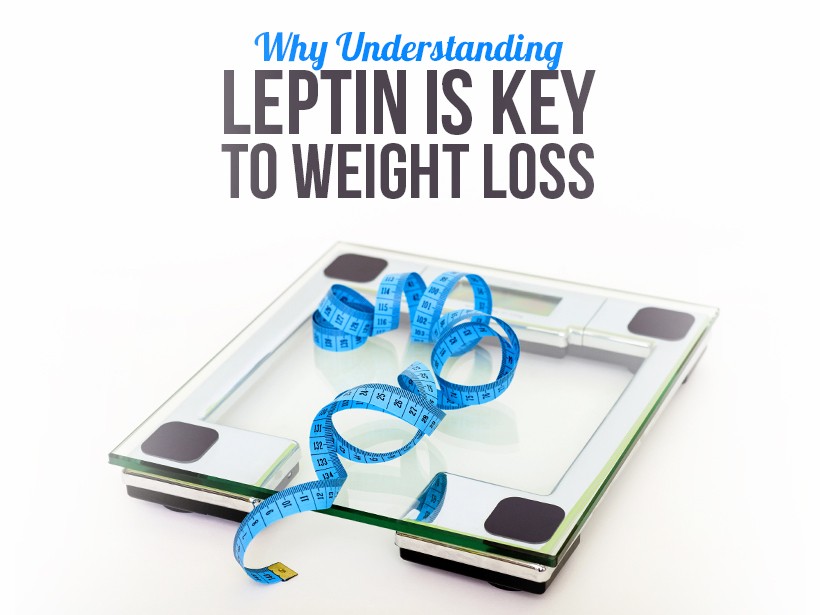Many people believe that losing weight is all about calories, and consuming fewer calories than you burn is the only way to shed pounds. However, current research on obesity and weight gain do not support the idea that your body composition is this easy to calculate and control. There are a number of hormones that influence if and how you will gain weight. One of the most important (and least understood) hormones that influences your weight is Leptin. If you've never heard of leptin, you're not alone; the hormone was not discovered until 1994, and scientists still debate its role in weight management and body composition. Read on to learn more about this controversial hormone and how you can use an understanding of leptin to increase your weight loss results.1
What is leptin?
Leptin has been called everything from “the obesity hormone” to the “starvation hormone” by scientists and researchers. In a normal body, leptin is responsible for controlling your appetite and hunger. Leptin is produced in the fat cells of your body and regulates the ratio between your fat storage and the number of calories that you consume. The more fat your adipose cells hold, the more leptin that they produce.2 When you eat, leptin is introduced into the bloodstream and makes its way to the brain. Your brain then senses the presence of leptin, which causes you to feel satiated and full.
The more fat your cells store, the larger amounts of leptin they will give off when you eat. This means that evolutionarily, leptin is thought to work to prevent obesity by communicating to the brain that fat stores are adequate for the time being. Basically, leptin's role in your body is to tell your brain “Hey! We have enough fat, so we don't need to eat as many calories today.”
Leptin resistance and obesity
When people become obese, they have large amounts of fat stored in their fat cells. In theory, this should mean that they have less of an appetite due to an increased presence of circulating leptin. However, many obese men and women also have a resistance to leptin recognition that causes their brain difficulty in recognizing that there is leptin in the bloodstream. Leptin resistance also causes the brain to erroneously believe that the body is in “starvation mode” when weight loss occurs– meaning that appetite for obese people actually increases when weight is lost because the brain misinterprets the fat loss as a sign that starvation is near. Leptin resistance is theorized to be the main biological component causing obesity.3
Weight loss plateaus and leptin
Most dieters will experience “weight loss plateaus” around the sixth to the ninth month they are on their program. A weight loss plateau is a period of time in which the dieter finds it seemingly impossible to continue to lose weight, regardless of the fact that they are continuing strategies that have worked in the past. The brain decides when too much weight is lost and is largely based off of the concentration of leptin in the blood.
The bottom line? If you are experiencing a plateau in your weight loss, the answer is likely a temporary decrease in leptin concentration. Sticking to diets that have been proven effective like the keto diet and maintaining healthy habits will help you to effectively work your way out of a plateau over time.
NUTRITIONAL DISCLAIMER
The content on this website should not be taken as medical advice and you should ALWAYS consult with your doctor before starting any diet or exercise program. We provide nutritional data for our recipes as a courtesy to our readers. We use Total Keto Diet app software to calculate the nutrition and we remove fiber and sugar alcohols, like erythritol, from the total carbohydrate count to get to the net carb count, as they do not affect your blood glucose levels. You should independently calculate nutritional information on your own and not rely on our data. The website or content herein is not intended to cure, prevent, diagnose or treat any disease. This website shall not be liable for adverse reactions or any other outcome resulting from the use of recipes or recommendations on the Website or actions you take as a result. Any action you take is strictly at your own risk.
- Keto Drives Increased Calorie Burn - July 11, 2019
- New High-Protein, Low-Sugar Greek Yogurt Hits Market - April 1, 2019
- Can Going Low-Carb Fight Back Fat? - December 4, 2018































